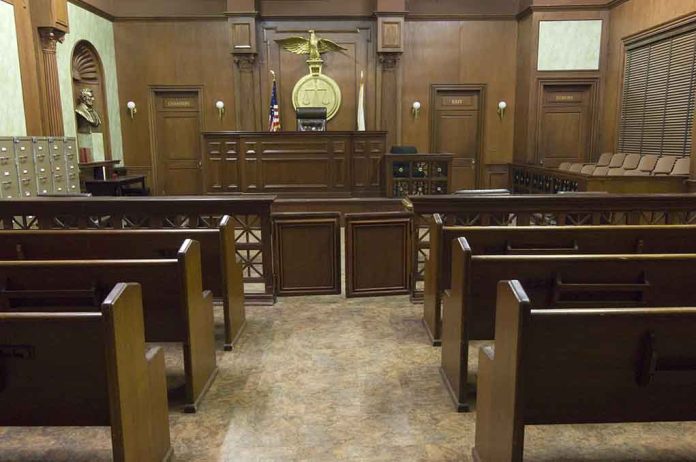
Travis John Branson is facing sentencing for his involvement in a wildlife trafficking ring that led to the deaths of at least 118 eagles.
At a Glance
- Travis John Branson was involved in a wildlife trafficking ring, in which he contributed to killing at least 118 eagles.
- The trafficking ring operated on Flathead Indian Reservation in Montana.
- Branson made between $180,000 and $360,000 from illegal sales.
- Prosecutors seek imprisonment and restitution totaling $777,250.
- Branson faces sentencing on September 18 in federal court.
Branson Involved in Trafficking Ring
Travis John Branson, charged with being part of a multi-year wildlife trafficking ring, is facing sentencing for his pivotal role in the deaths of at least 118 eagles, according to prosecutors. The operation primarily targeted bald and golden eagles to harvest feathers and body parts for black market sales. Prosecutors documented these killings through recovered text messages.
One of the most concerning aspects of this case is the extensive nature of the illicit operation, which spanned over a decade across the Flathead Indian Reservation in Montana. Branson’s co-defendant Simon Paul, who remains at large, reportedly provided kill estimates ranging between 1,000 and 3,600.
A man helped kill at least 118 eagles to sell their feathers and body parts on the black market as part of a long-running wildlife trafficking ring in the western U.S. that allegedly killed thousands of birds, court filings show. https://t.co/tQaWRgKB1a
— CBS News (@CBSNews) September 5, 2024
Financial Gains and Legal Implications
From 2009 to 2021, Branson profited between $180,000 and $360,000 by selling eagle parts illegally. The U.S. Attorney’s Office in Montana has asked for significant imprisonment and restitution totaling $777,250, which includes $5,000 for every dead eagle and $1,750 for each of the 107 hawks allegedly killed.
AP states that it is illegal to sell eagle parts and feathers, but that they are often used in Native American ceremonies.
Branson faces a maximum of five years in prison and a $250,000 fine on the most serious charge, conspiracy. Federal guidelines suggest a sentence of approximately three to four years in prison. However, his attorney argues for probation, emphasizing that Branson has no prior criminal history.
Wildlife Protection and Legal Boundaries
This case underscores the persistent issue of wildlife trafficking in the United States. Bald and golden eagles, protected by federal law and sacred to many Native American tribes, have been at the center of this illegal market. Members of federally recognized tribes can legally obtain eagle feathers and parts through the National Eagle Repository and other non-government repositories.
As the sentencing date of September 18 approaches, the public and wildlife advocates await judgment. This case serves as a sobering reminder of the dangers wildlife trafficking poses to our nation’s natural heritage and the importance of strict legal enforcement to curb such activities.
Sources
- Wildlife trafficking ring killed at least 118 eagles, prosecutors say
- At least 118 eagles, 107 hawks among thousands of birds trafficking ring killed, prosecutors say
- Wildlife trafficking ring killed at least 118 eagles, prosecutors say





